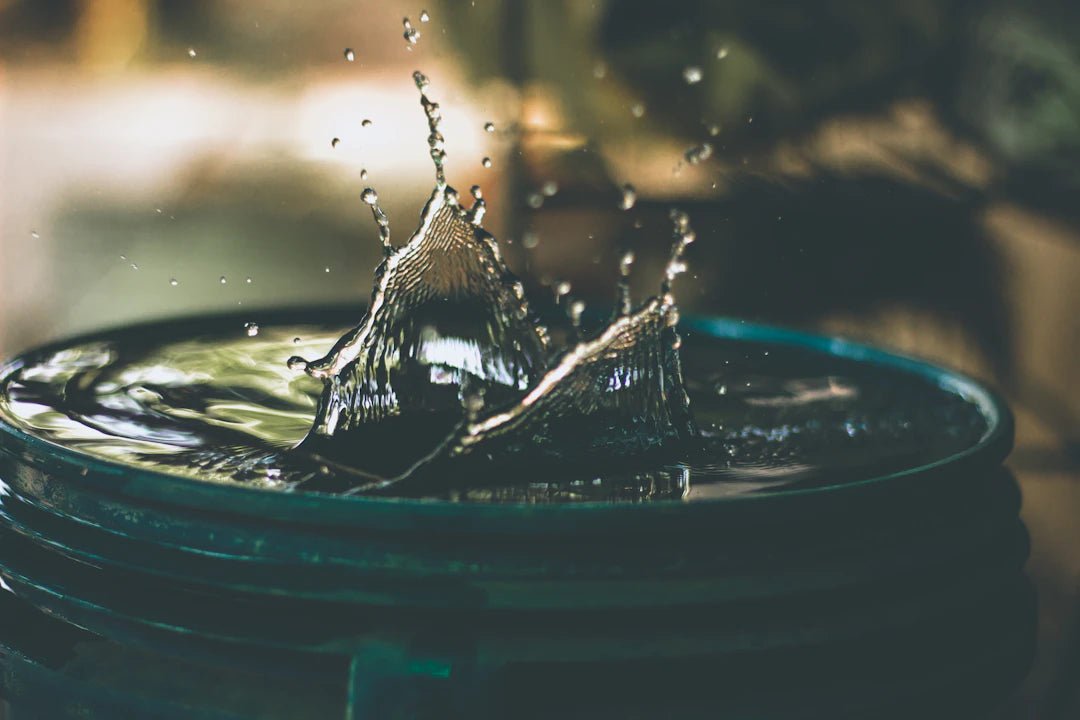Local Government Tackles Australia’s Water Quality Challenges
Frequently Asked Questions
1. What are the main challenges to water quality in Australia?
2. Why is access to clean water important?
3. What strategies are local governments implementing to improve water quality?
4. How can communities get involved in promoting clean water?
5. What role do state governments play in addressing water quality issues?
The quality of water is a pressing issue globally, but no place feels the impact quite like local communities. In Australia, local government initiatives are stepping up to address water quality concerns, advocating for clean and safe drinking water for everyone. This blog will explore the various strategies being employed to improve water quality, with a special focus on the importance of mineral water and how initiatives are improving the state of drinking water for Australians. From innovative filtration methods to community awareness campaigns, let’s dive into how local governments are creating a ripple effect towards clean water.
The State of Water Quality in Australia
Australia is blessed with diverse ecosystems and natural water sources. However, the quality of drinking water varies significantly across regions. Factors such as industrial runoff, aging infrastructure, and climate change pose serious challenges to maintaining healthy water supplies. Local governments recognize these challenges and are implementing proactive measures to improve water quality. From urban centers to rural areas, the commitment to ensuring safe, clean, and accessible water is paramount.
Understanding the Importance of Clean Water
Access to clean water is a fundamental human right, yet many Australians face challenges due to poor water quality. Contaminated water can lead to severe health issues, including gastrointestinal diseases and chronic conditions. Clean water is vital not only for drinking but also for cooking, hygiene, and sanitation.
Here are several reasons why local governments prioritize water quality improvement:
- Health and Safety: Clean water is essential for public health, reducing the risk of waterborne diseases.
- Environmental Protection: Proper filtration and quality management help protect local ecosystems.
- Community Trust: Ensuring safe water builds trust between local governments and citizens.
- Boosting Local Economy: Clean water supplies help attract industries and tourism, fostering economic growth.
Local Government Initiatives for Water Quality Improvement
Enhanced Water Filtration Systems
One of the primary strategies that local governments are employing involves the implementation of advanced water filtration systems. These systems, including reverse osmosis technologies, are designed to remove impurities and contaminants from water supplies, ensuring that residents have access to clean drinking water.
Examples include:
- Reverse Osmosis Technology: This method effectively eliminates harmful chemicals and bacteria from drinking water, providing a higher level of safety. It’s an essential upgrade for many municipal water treatment facilities.
- Water Filters: Water filtering options are also being made available to residents, encouraging them to use personal water filters for added assurance.
- Point-of-Use Systems: These are installed at taps and can significantly improve the water quality consumed directly by households and businesses.
Community Education Programs
Local governments understand that technology alone won't fix all water quality issues. That’s why they are investing in community education programs aimed at raising awareness about the importance of water quality. These programs cover critical topics such as:
- The significance of mineral water and its health benefits.
- How to use home water filters effectively.
- Recognizing potential contaminants in local water supplies.
With programs focusing on educating citizens, local governments are empowering communities to take an active role in monitoring and improving water quality.
Collaboration with Environmental Groups
Many local governments are collaborating with environmental organizations to monitor water quality more effectively. These partnerships often result in:
- Environmental assessments and research that help track water quality over time.
- Development of conservation projects aimed at protecting local water ecosystems.
- Public campaigns that highlight the importance of maintaining clean waterways.
By working together, local governments and environmental groups can create sustainable solutions for water quality that benefit everyone.
Innovative Water Quality Monitoring Techniques
Modern technology plays a critical role in assessing and improving water quality. Local governments in Australia are now using innovative techniques, including smart sensors and drones, to monitor water quality in real-time.
Smart Sensor Technology
These sensors can detect contaminants and fluctuations in water quality almost instantaneously. This means that if an unusual level of toxins is detected, local authorities can act swiftly to address the issue. This proactive approach ensures that residents' health is safeguarded, providing peace of mind.
Drones for Water Quality Assessment
Drones equipped with advanced cameras and sensors can fly over lakes, rivers, and reservoirs to gather data on water quality. This provides local governments with valuable insights into pollution levels, algal blooms, and other environmental concerns that could affect water quality. The ability to cover vast areas quickly and frequently allows for more effective monitoring and remediation measures.
Incentivizing Sustainable Practices
Local governments encourage residents and businesses to adopt sustainable practices contributing positively to water quality. Initiatives include:
- Rainwater Harvesting: Programs that educate and incentivize residents to implement rainwater collection systems.
- Planting Trees: Trees help reduce runoff and improve water absorption, significantly contributing to cleaner waterways.
- Promoting Filtered Water: Local governments raise awareness about the benefits of drinking quality sparkling water and enhanced mineral water as alternatives to bottled water, which often contributes to plastic pollution.
Initiatives by State Governments
State governments in Australia also play a vital role in addressing water quality issues. They implement policies that align with local initiatives, providing resources and support for municipalities. Some of these measures include:
- Legislation: Laws are being put in place that regulate water quality standards for both public and private water supplies.
- Funding Programs: Government grants are available for local councils to upgrade their water filtration systems and infrastructure.
- Research Grants: State-level funding for research projects that investigate advanced water quality solutions and innovative filtering technology.
The Role of Government in the Future
The future of water quality in Australia hinges upon the commitment of local and state governments working collaboratively. With the challenges ahead, continuous improvement and investment in water quality initiatives are crucial.
Community Efforts to Promote Clean Water
It’s essential for community involvement alongside local government efforts to ensure success in water quality improvements. Residents can contribute to these initiatives by:
- Participating in Clean-Up Drives: Assisting in cleanup programs helps keep waterways clean.
- Advocacy: Supporting local policies aimed at maintaining high water quality standards.
- Informed Consumption: Choosing sparkling water or Disney Still Mineral Water to bolster demand for quality water sources.
Finding Your Perfect Water Solution
In navigating the world of water quality, finding clean, safe, and tasty drinking options is essential. Whether you're enjoying a refreshing glass of filtered water or savoring a bottle of mineral water, the choices you make can have a significant impact on your well-being.
As local governments across Australia tackle water quality issues with innovative technology and community engagement, you can be part of the effort by making informed choices about your drinking water. By investing in good quality water solutions and being a proactive citizen, you contribute to a healthier environment for yourself and future generations.
The Ripple Effect of Clean Water
Water quality is an issue that should matter to all of us. As local governments take steps to address these challenges, we can also do our part by staying informed, reducing plastic waste, and advocating for sustainable water practices. Clean water is more than just a necessity; it’s the key to a healthier, happier community. Together, we can create a ripple effect that promotes the preservation of water quality now and for the years to come.
Check out another user's Shopify or Wix store by clicking this store link. Note that this is a promotional link, and we assume no liability for the content of the linked store.



